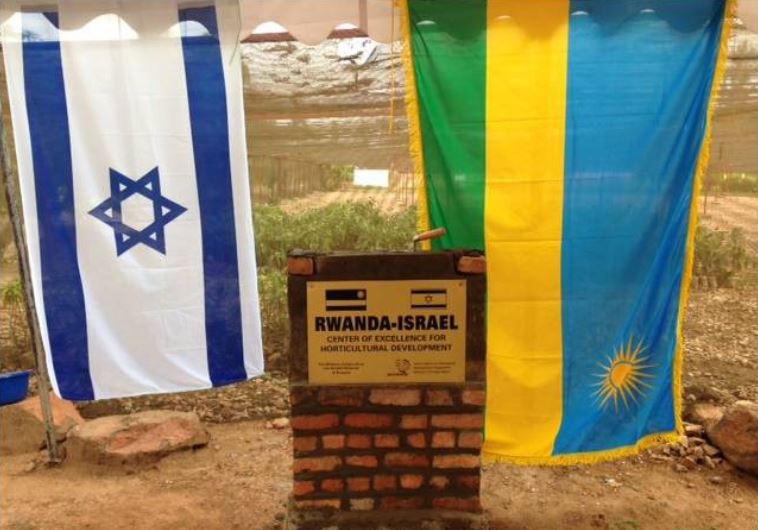Rwanda looks to Israel as model of how to persevere after genocide
"Israel’s achievements are really spectacular, we want to learn how they achieved this."
 Rwanda-Israel Center of Excellence for Horticultural Development(photo credit: DEFENSE MINISTRY)Updated:
Rwanda-Israel Center of Excellence for Horticultural Development(photo credit: DEFENSE MINISTRY)Updated: